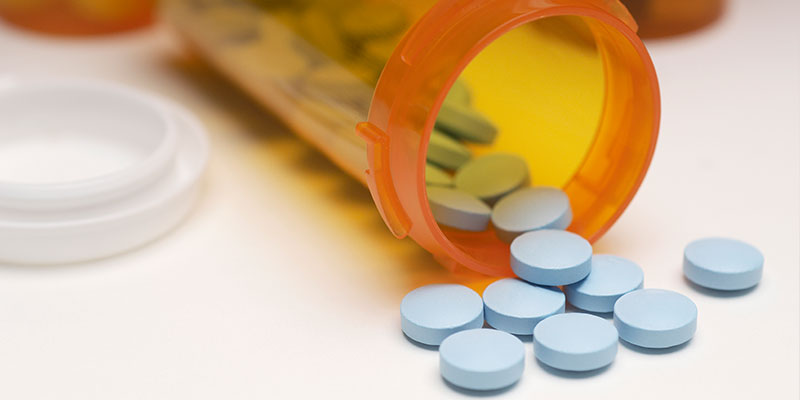Location
Our Washington Location
Our inpatient facility is located in Washington, and will serve Washington state. It will provide a safe & therapeutic environment for both our staff and patients.
- Edmonds
7416 212th St SW,
Edmonds, WA 98026
It might surprise you to learn that over the counter medications are some of the most abused medications on the market. In fact, over the counter medication abuse statistics indicate that about 3.1 people who were between the ages of 12 to 25 have used a non-prescription cough or cold medication to get high. Also, about 4% of all seniors in high school admit to having abused cough medicine for the euphoric high they could achieve.
These statistics might surprise you, but it’s clear that over the counter medication abuse is on the rise. If you’re abusing these medications yourself, it’s important to get the right over the counter medication abuse facts so that you can understand your own relationship to these highly underestimated drugs.
The over the counter medications that are abused most often include:
While all of these medications have their own, specific and useful purpose, when over the counter medication abuse takes place, they can all be very dangerous too. It might seem as though it’s impossible for you to stop taking your drug of choice right now. However, with the right over the counter addiction facts, stopping your use of it is possible.

Once you have a better understanding of the over the counter medication abuse definition, it’s easier to see why abuse and addiction do not mean the exact same thing. As a matter of fact, they are actually quite different.
Over the counter medication abuse means that you’re using these drugs outside of their intended purposes. For example, if you purchase a cold medicine at the local drug store, and you take it at home, based on the instructions, you’re not abusing it. However, once you move away from the instructions and you take more of the drug than you should, or you increase your dosage on your own, this is considered to be over the counter medication abuse.
In order to be addicted to an over the counter medication, it’s important to have at least one of the more common over the counter medication addiction signs.
Sometimes people are not convinced that they’re addicted to over the counter medications, and this has more to do with the way these medications are packaged than it does with how they feel.
Some over the counter medications actually have addiction warnings on them, but not all of them do. Even so, the fact that they’re available in the stores to almost anyone means that they they’re viewed as much more safe than other types of drugs. That fact alone substantially increases the potential for addiction.
It’s important to remember how potent these drugs are, and their effects are only intensified with continued usage of them.
It’s possible that when you have always thought of drug addiction, you thought about illegal drugs, or even prescription drugs. People don’t usually consider the addictive properties of over the counter drugs. Even so, these medications can result in some serious withdrawal symptoms when they’re stopped abruptly, and these symptoms lead many people to continue using them for years.
More often than not, people go back to using over the counter medications when they encounter these and other symptoms of withdrawal.

Perhaps you’re still not completely sure that you would call yourself an over the counter medication addict, but you’re also not sure that your over the counter medication use is acceptable, either. You suspect that you might have an over the counter medication addiction, but you need to talk with someone to find out for sure.

Our admissions coordinators are here to help you get started with treatment the right way. They'll verify your health insurance, help set up travel arrangements, and make sure your transition into treatment is smooth and hassle-free.
[DirectNumber] Contact Us